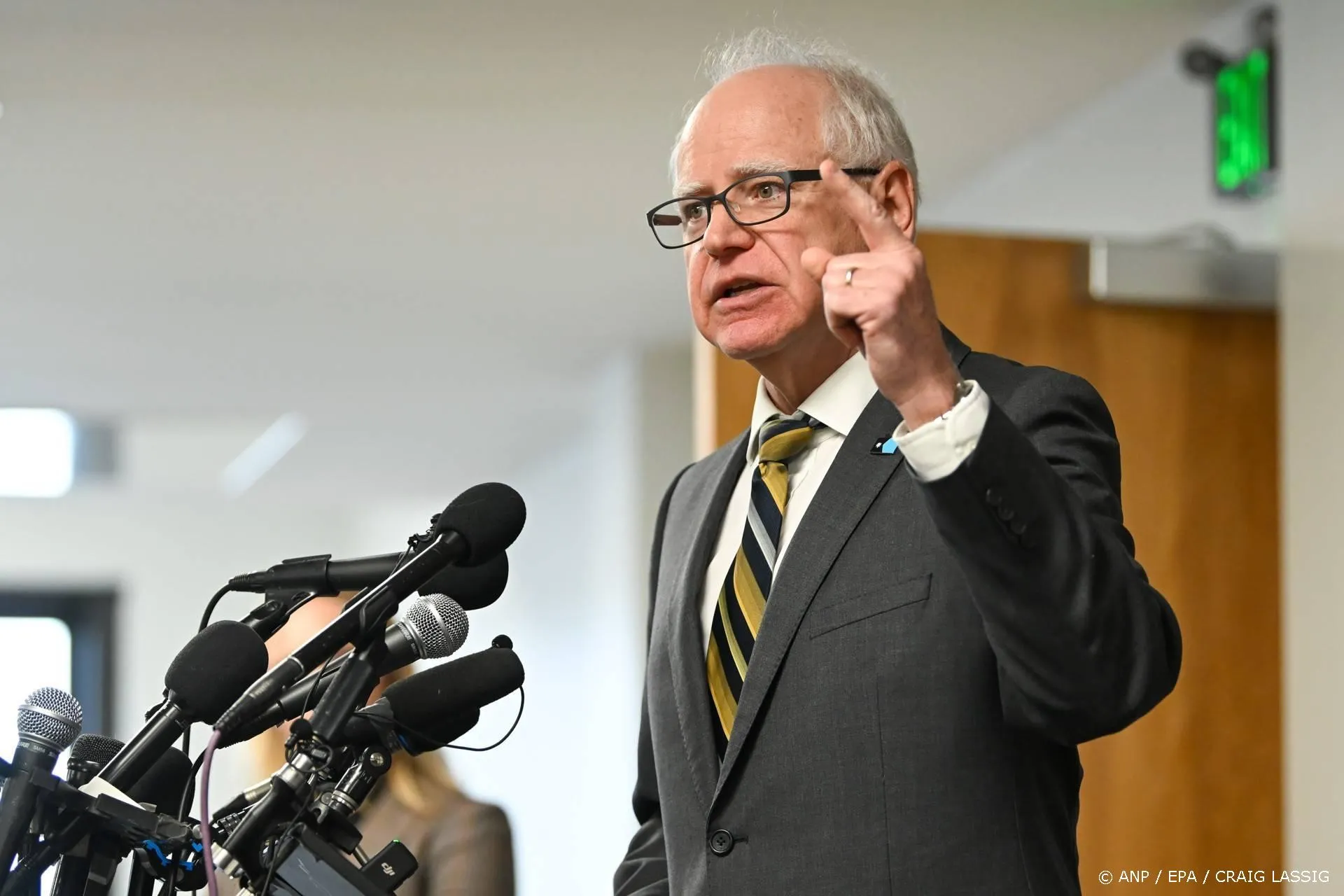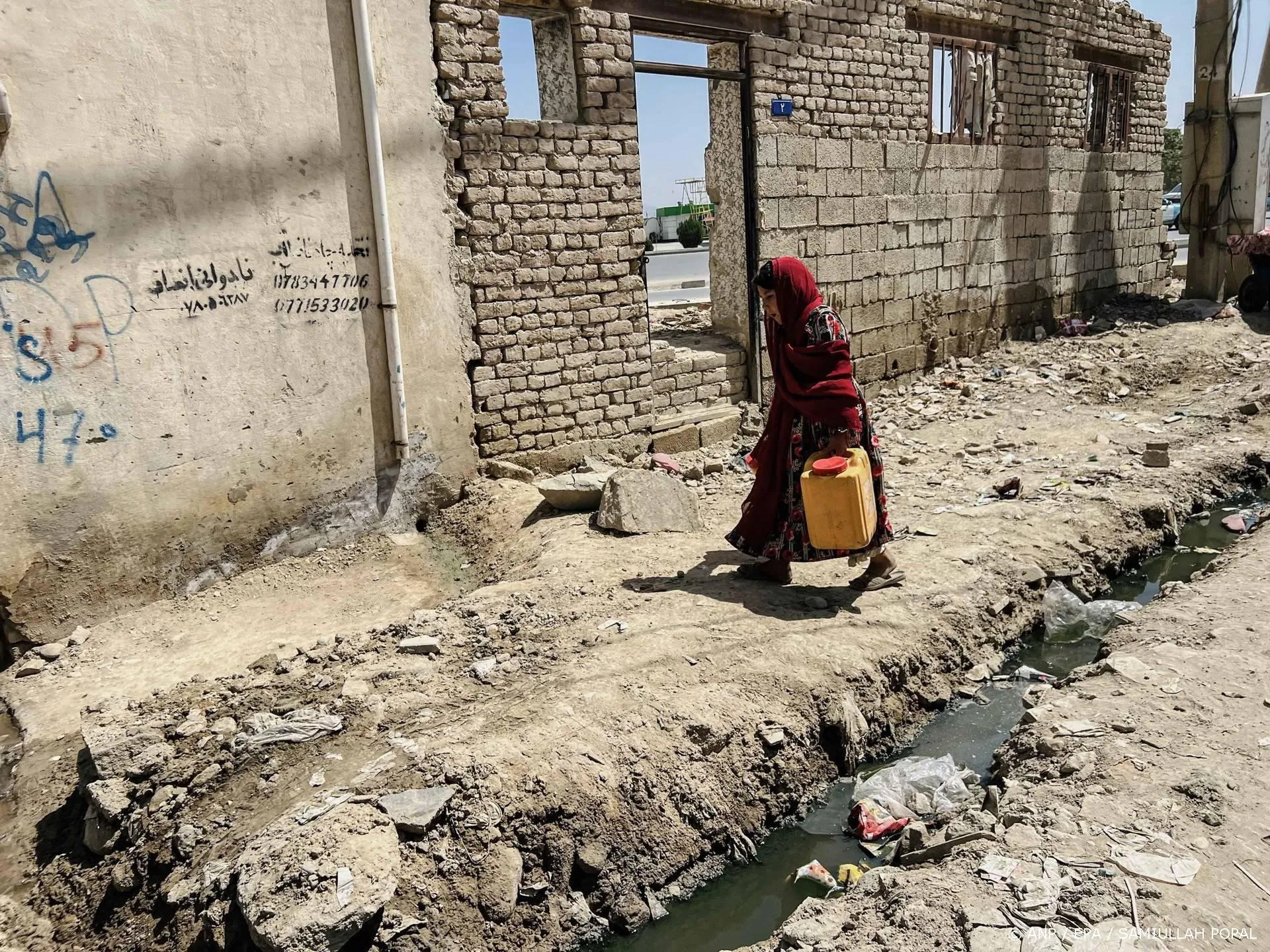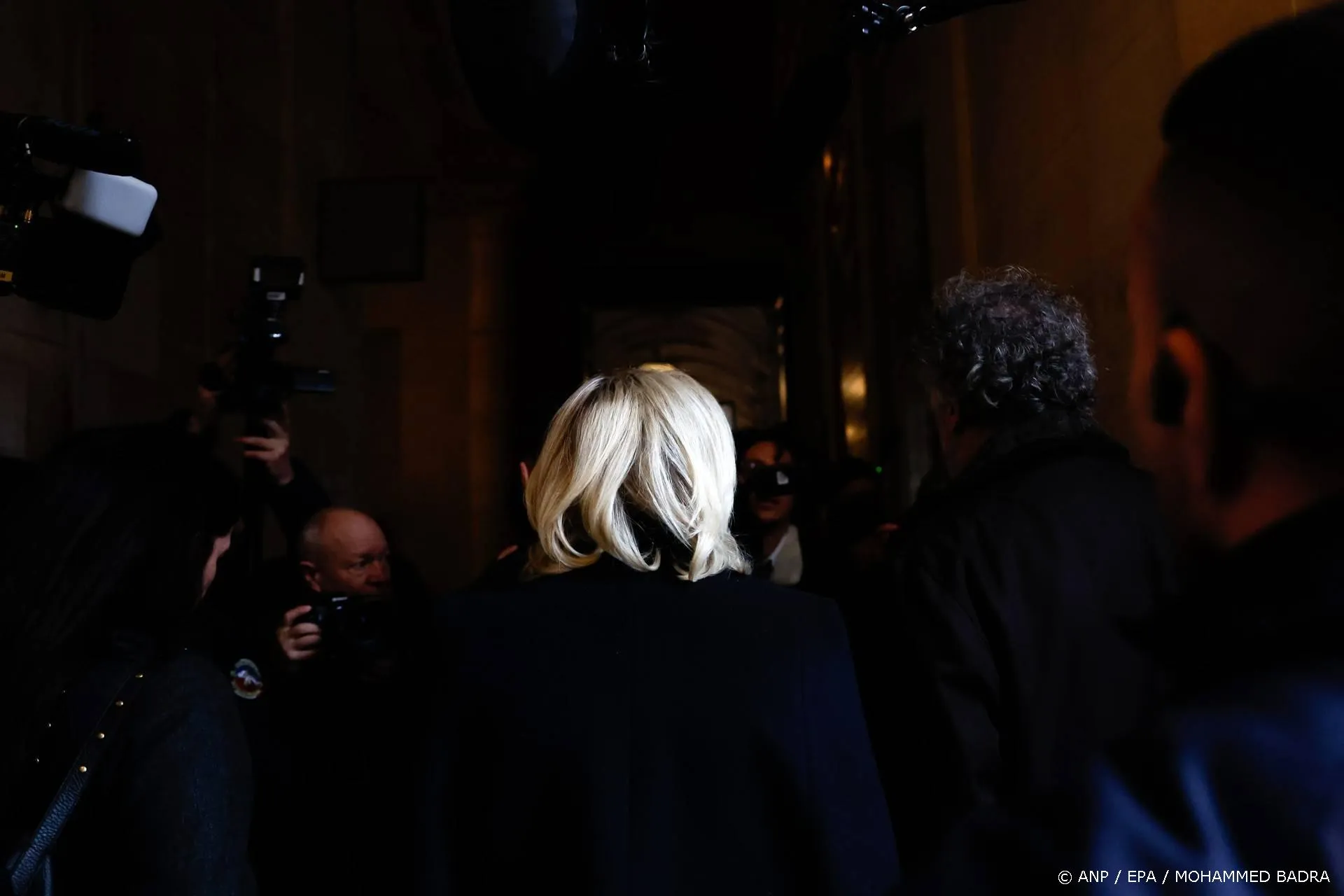Ross McKitrick over 'peer-review' in de klimatologie
A first-rate team of experts offers compelling documentation on the pervasive influence global warming alarmism now has on almost every aspect of our society-from national defense, law, trade, and politics to health, education, and international development. .. The second chapter in this volume [dat van Ross McKitrick] goes to the core of what we consider to be the canon of science, which is the peer-reviewed, refereed scientific literature. McKitricks and my trials and tribulations over journal publication are similar to those experienced by many other colleagues. Unfortunately, the Climategate e-mails revealed that indeed there has been systematic pressure on journal editors to reject manuscripts not toeing the line about disastrous climate change. Even more unfortunate, my experience and that of others are that the post-Climategate environment has made this situation worse, not better. It is now virtually impossible to publish anything against the alarmist grain. The piles of unpublished manuscripts sitting on active scientists desks are growing into gargantuan proportions ..
Showing that the IPCC claim is also false took some mundane statistical work, but the results were clear. Once the numbers were crunched and the paper was written, I began sending it to science journals. Having published several against-the-flow papers in climatology journals, I did not expect a smooth ride, but the process eventually became surreal. In the end, the paper was accepted for publication, but not in a climatology journal. Fortunately for me, I am an economist, not a climatologist, and my career doesnt depend on getting published in climatology journals. If I were a young climatologist, I would have learned that my career prospects would be much better if I never wrote papers that question the IPCC. The skewing of the literature (and careers) can only be bad for society, which depends on scientists and the scientific literature for trustworthy advice for wise policy decisions.
Some people might be tempted to defend climatology by saying that normal scientific procedures have broken down due to the intense policy fights and political interference. But in my opinion that confuses cause and effect. The policy community has aggressively intervened in climate science because of all the breaches of normal scientific procedures. The public has lost confidence in the ability of the major institutions of climatology, including the IPCC and the leading journals, to deal impartially with the evidence. It doesnt have to be this way. My own field of economics constantly deals with policy-relevant topics with major public consequences. Of course, differences of opinion exist and vigorous disputes play out among opposing camps. But what is happening in climate science is very different, or at least is on a much more intense scale. I know of no parallels in modern economics. It appears to be a profession-wide decision that, due to the conjectured threat of global warming, the ethic of scientific objectivity has had an asterisk added to it: there is now the additional condition that objectivity cannot compromise the imperative of supporting one particular point of view. This strategy is backfiring badly: rather than creating the appearance of genuine scientific progress, the situation appears more like a chokehold of indoctrination and intellectual corruption. I do not know what the solution is, since I have yet to see a case in which an institution or a segment of society, having once been contaminated or knocked off balance by the global warming issue, is subsequently able to right itself. But perhaps, as time progresses, climate science will find a way to do so. Now that would be progress.
Lees ook
Loading


